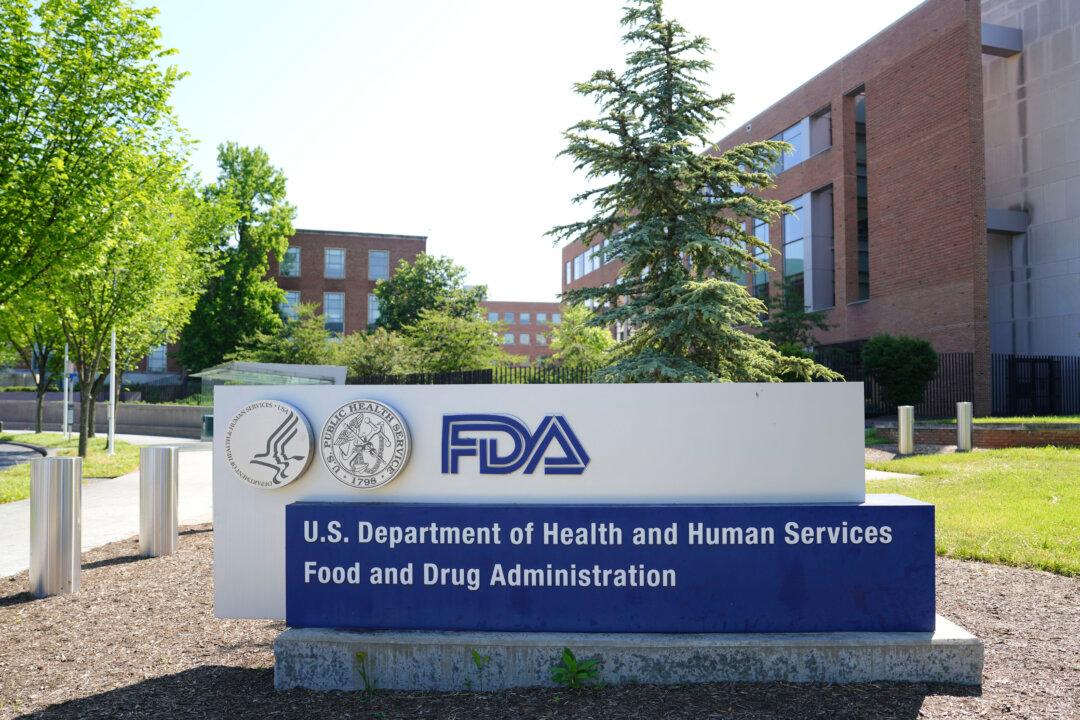Vermont-based Agri-Mark Inc. is pulling out thousands of pounds of butter from the market, citing bacterial contamination, according to the Food and Drug Administration (FDA).
The recall is applicable to 189 cases of “Cabot Creamery 8 oz. Extra Creamy Premium Butter” totaling 1,701 pounds, the agency said in an April 8 enforcement report. The products are being withdrawn as they are “contaminated with elevated levels of coliform” bacteria.





